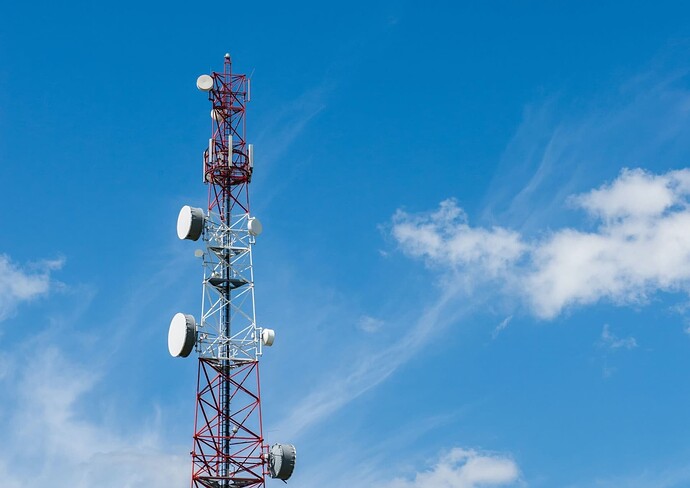-
O&M (Operation and Maintenance): This involves managing and controlling microwave nodes for optimal operation.
-
Commissioning the Link: Initial configuration is done locally, after which remote login and control can be performed.
-
DCC Bytes: Located within traffic frames, these enable remote control, configuration, performance monitoring, and troubleshooting.
-
Node Login: Access to nodes can be local (via Ethernet cable or Wi-Fi in some cases) or remote (using Telnet).
-
VLAN Types: Two primary types exist - Traffic VLAN for data transmission and Management VLAN for control and monitoring.
-
Commissioning Methods: Nodes can be commissioned via CLI (Command Line Interface) or GUI (Graphical User Interface).
-
Login and Management: Secure tools like PuTTY (SSH) or a web browser can be used for access and management.
-
Modern Features: Contemporary microwave links support IPv4, IPv6, QinQ, VLANs, QoS, and high-capacity SFPs (10G).
-
Management Types: Classified into In-band and Out-of-band management.
-
Key O&M Concepts: Essential points to understand include OSPF areas, VLANs, Default Gateway, QinQ, and Static Routing.
LinkedIn: ![]()
